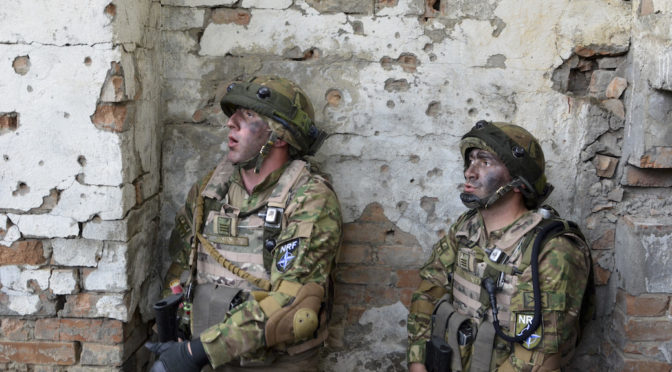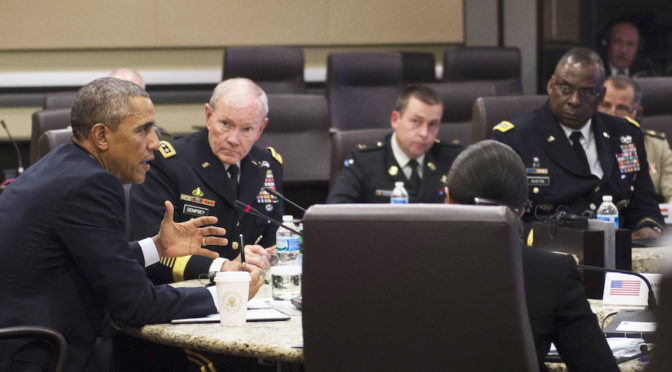Retired Brigadier General Kenneth Watkin’s new book, Fighting at the Legal Boundaries: Controlling the Use of Force in Contemporary Conflict, helps address some of the issues with the increasingly blurred line between international humanitarian law and human rights law. Professor Mitt Regan’s review addresses the trends that Watkin regards as posing novel challenges for states… Continue reading From Protecting Lives to Protecting States: Use of Force Across the Threat Continuum
Category: Vol. 10 No. 1
Countering the Prominence Effect: How US National Security Lawyers Can Fulfill Non-Prominent Humanitarian Objectives
Decision researchers describe a “prominence effect” that leads decision makers to choose an option with more defensible attributes when quantitative assessment of those options is difficult. Prominence is hypothesized as a factor in US policy decisions not to use military force to prevent or stop humanitarian crises. Prominence is also regarded as a behavioral failure… Continue reading Countering the Prominence Effect: How US National Security Lawyers Can Fulfill Non-Prominent Humanitarian Objectives
The National Security Impacts of Climate Change
As global sea levels rise and extreme weather events become more frequent and more intense, what is the impact on our nation’s military readiness and the capabilities of its forces to carry out their missions? On both the domestic and international front, the effects of climate change could become catastrophic, overwhelming disaster-response capabilities. Recent actions… Continue reading The National Security Impacts of Climate Change



